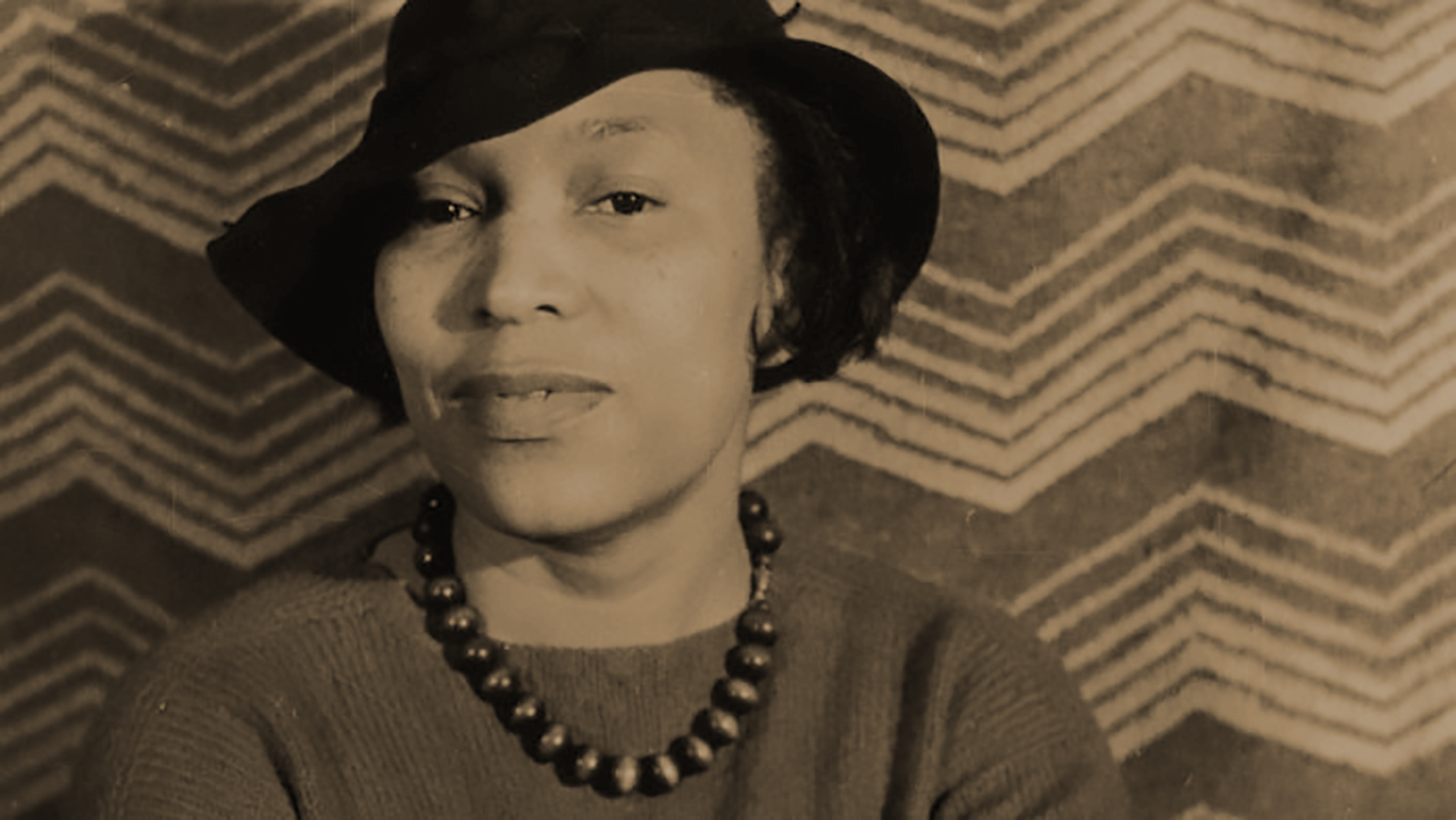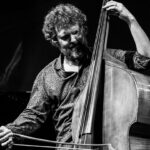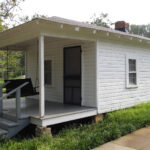
The Southern Reader’s Travelogue: Zora Neale Hurston
If you're a Southern literature lover whose summertime reading aspirations don’t involve sand and sunburn, we have some travel ideas that don’t require sunscreen.
For our bookworm readers, "The Southern Reader's Travelogue" is an occasional series of stories designed to take you to travel destinations related to the history of Southern writing. We start this series with the novelist and oral historian Zora Neale Hurston.
When Dr. Seuss wrote that “Reading can take you places you have never been before,” he might not have realized that reading can also make you want to visit places you have never been before. There is a certain tiny thrill that lit lovers feel when we stand in a place—the place—where one of our most cherished books fell onto the page or where one of our favorite scenes played out.
Over the next little bit, we will share some of these destinations. Some are specific to one author and some—like New Orleans and Knoxville—are thick with Southern literary heritage.
Either way, there are dozens of these spots across the region. We would love to hear about your favorite literary hot spots. Leave a comment at the end of this story and share your ideas. In the meantime, pack a bag and hit the road.
Let’s kick things off with a road trip dedicated to the great novelist and chronicler of African American folklore, Zora Neale Hurston. Along with James Baldwin, Hurston represents the True North of African American letters. Alice Walker, Toni Morrison, Octavia Butler, Jesmyn Ward, Angela Davis, etcetera ad infinitum…every significant Black writer of the past hundred years owes a debt to Zora. Even Baldwin.
She was born to a family of sharecroppers in Notasulga, Alabama, in 1891. There is a grand historic marker there at 444 Auburn Road. If you are in the Auburn area, check it out. But Hurston’s family left Notasulga when she was still a toddler, and it does not figure much into her life’s work, so don’t make a special trip unless you are a Zora completist or a must-stop-and-read-every-marker nerd like me.
For Zora-heads, Florida is where the action is. Eatonville, Florida, is one of the first all-Black towns incorporated in the United States, and Hurston’s family settled there when she was three. She described growing up in an all-Black town—and as the daughter of Baptist preacher and mayor—in her 1928 essay "How It Feels to Be Colored Me." After being sent away to boarding school at age thirteen, she eventually made her way to study at Howard University, Barnard College, and Columbia University. She studied anthropology alongside Margaret Mead and did field research in tandem with musicologist Alan Lomax.
Zora. Got. Around
Eatonville, Florida, is one of the first all-Black towns incorporated in the United States, and Hurston’s family settled there when she was three. Eatonville remained central to Hurston’s fiction, serving as the setting for numerous stories and her novel, Their Eyes Were Watching God. Curiously, one of prominent early criticisms of this masterpiece was that the idea of an all-Black community, run by and for Black folks, was too preposterous to believe.
Among other adventures, Hurston found her way to Plateau, Alabama, in 1927 to interview the eighty-seven-year-old Oluale Kossola (aka Cudjo Lewis), the last surviving “passenger” on the last known slave ship to reach the United States, the Clotilda. Her telling of this story was finally published in 2018 under the title Barracoon. Almost 60 years after her death, Hurston had another best-seller to her name.
But Eatonville remained central to Hurston’s fiction, serving as the setting for numerous stories and her novel, Their Eyes Were Watching God. Curiously, one of prominent criticisms of this masterpiece was that the idea of an all-Black community, run by and for Black folks, was too preposterous to believe.
Established in 1990, the Zora Neale Hurston Museum of Fine Arts honors her legacy and is part of a wider effort to preserve Eatonville’s cultural legacy and to showcase artists of the African diaspora. (The town also hosts the Zora Neale Hurston Festival of the Arts and Humanities every January if you’d rather make your central Florida sojourn in less steamy weather.)
It’s hard to believe now that as recently as 1970 Hurston was largely forgotten, her work out of print and her reputation essentially nonexistent. A Zora revival in the late ’60s—tattered copies of her work passed around like samizdat—gained traction when writer Alice Walker undertook to find Hurston’s unmarked grave and give it a proper marker. By 1980, Hurston studies had become a cottage industry and Zora emerged as one of the icons of Southern and Black literature. In 2005, Oprah Winfrey made a movie version of Their Eyes Were Watching God.
From Eatonville you can travel down the Zora Neal Hurston Dust Tracks Heritage Trail to Fort Pierce, Florida, where Hurston lived her final years. This Atlantic Coast community has preserved her last home as part of the trail. There is also a permanent Zora exhibit at the Agape Senior Recreation Center, which was once the St. Lucie County Welfare Home; Hurston lived her final year here after a debilitating stroke.
Go. Read.
About the author
Chattanooga-based writer/musician Rob Rushin-Knopf, Salvation South’s longtime culture warrior, blogs about culture at Immune to Boredom and appears regularly as one-half of the near-jazz duo RoboCromp.





